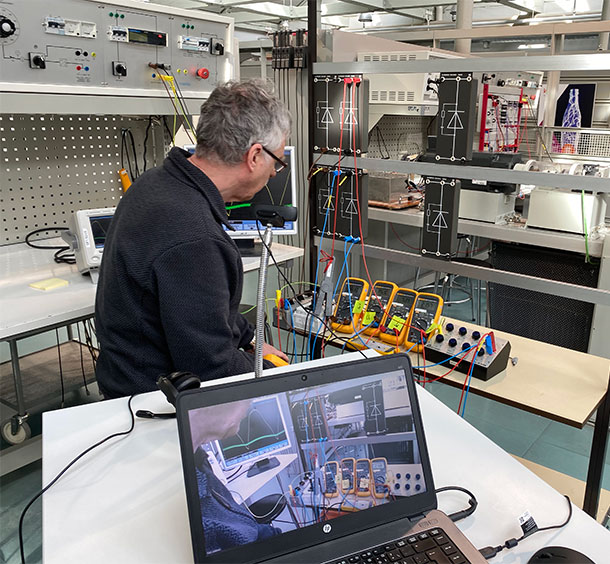
According to the teachers, a certain part of the teaching could be carried out remotely also under normal conditions. Such are, for example, the supervision of theses. Surprisingly, for example, sharing your own screen in a video conferencing application can be a better and more accurate way to present information than displaying it through a video projector.
Remote working worked great despite occasional problems with information technology. Some of the respondents were very positive about the technology.
- Remote working could be significantly increased even under normal conditions. Certain educational issues - e.g. thesis presentations and presentation events as well as meetings could be handled as ZOOM events, commented one respondent who participated in the study.
Remote teaching is also particularly well suited to part-time studies, where students typically go to day jobs at the same time and coordinating schedules is more challenging.
A positive experience, after all
Teachers feel that they have been very successful in creating learning tasks suitable for distance learning and in pacing teaching and learning. Teachers also highlight the importance of peer support and IT support, especially from colleagues, in the transition to distance learning.
The challenges of remote teaching were the participation of students in distance lectures and, on the other hand, the interaction with students. Students' activity in distance learning divided opinions. For some, the activity fell short of expectations, but for some it was found to have increased. There are also challenges in supervising exams when students could not be physically present. Naturally, communality with colleagues was also less due to the state of emergency.
Rector of Vaasa University of Applied Sciences Kati Komulainen also considers the results of the research to be in the right direction.
- I am very proud to thank our teaching staff, who have collegially supported each other and made it possible for the teaching to take place this spring, says Komulainen.
All in all, this “spring of remote teaching” has left a lot of new tools and new skills to be applied in teaching.